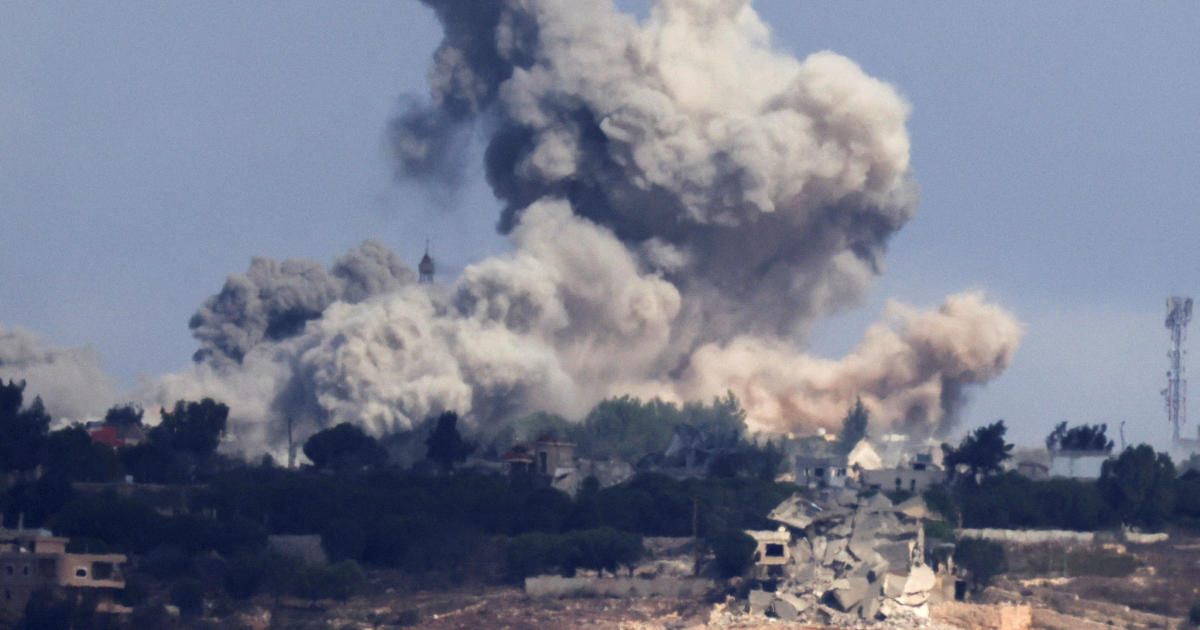The escalating conflict between Israel and Hezbollah in Lebanon has resulted in significant casualties and heightened regional tensions. Israel’s military operation, initially launched as limited ground raids, has expanded in response to Hezbollah’s persistent rocket attacks and resistance. The conflict’s origins lie in the October 7th Hamas attacks on Israel, prompting a wider regional response and significantly impacting the lives of civilians in both Israel and Lebanon. The situation is complex, involving long-standing grievances, regional power dynamics, and the potential for wider international involvement. Understanding the multifaceted nature of this conflict is crucial to assessing its potential consequences.
The Ground Operation in Southern Lebanon
Initial Raids and Escalation
Israel launched its ground operation in southern Lebanon on Monday, following weeks of intense airstrikes targeting Hezbollah’s infrastructure and leadership. The stated aim was limited, localized raids, but the operation quickly escalated. The IDF confirmed the deaths of eight soldiers in intense fighting with Hezbollah militants, highlighting the unexpected resistance encountered by the Israeli forces. The initial reports of limited engagement were quickly contradicted by the growing scale of conflict as the IDF bolstered its forces in the region sending additional brigades to aid in the raids. These significant losses underscore the challenges inherent in ground operations against a well-entrenched, experienced adversary like Hezbollah, known for its guerrilla warfare tactics and extensive tunnel networks. The fighting highlights Hezbollah’s determination to defend its territory and infrastructure and the complexities inherent in a ground campaign involving a non-state actor operating amongst civilian populations.
Civilian Casualties and Evacuations
The fighting has caused substantial civilian casualties in Lebanon. The Lebanese Ministry of Health reported numerous fatalities, with Lebanese Disaster Management Unit recording thousands of dead and injured from the ongoing Israeli strikes. Israel has repeatedly accused Hezbollah of using civilians as human shields and ordered mass evacuations in southern Lebanon, exacerbating the humanitarian crisis. The IDF’s evacuation orders for the towns and villages near the border with Lebanon forced many civilians to flee their homes, creating a massive displacement of people from their communities. This action adds another dimension to the already devastating impact of the conflict, as the lives and safety of these communities are caught between the warring factions.
Hezbollah’s Response and Rocket Attacks
Hezbollah has actively engaged Israeli forces within Lebanon’s territory, claiming to inflict casualties and engage Israeli operations. Alongside armed confrontation, Hezbollah has continued its barrage of rocket attacks on northern Israel. Though most have been intercepted, the ongoing rocket fire from Lebanese territory keeps up intense pressure on the area and civilians in northern Israel. These retaliatory strikes not only pose a military challenge but also exacerbate the sense of uncertainty and vulnerability amongst Israeli civilians already forced to evacuate from areas close to the Lebanese border. The sustained barrage illustrates Hezbollah’s ongoing capacity to continue an aggressive campaign and maintains a level of defiance against Israel. This defiance contributes significantly to escalating tensions and increases concerns about a continued expansion of the current hostilities.
The Regional and International Implications
Iranian Involvement and Regional Instability
Iran’s backing of Hezbollah is a central factor driving this conflict. Iran’s missile attacks on Israel further escalated regional tensions. This highlights the multifaceted nature of the conflict which encompasses larger geopolitics and potential for widespread military entanglement of neighboring countries. The potential involvement of Iranian-backed militias in other countries could spread conflict beyond Lebanon, creating broader regional instability and escalating the existing regional issues. The involvement of several countries further underscores that this conflict can’t be viewed in isolation.
US Role and Calls for De-escalation
The United States, a close ally of Israel, has called for de-escalation. However, Israel appears committed to a decisive military victory before any serious negotiations. The balancing act between supporting an ally, while attempting to avoid an even larger escalation and potential international involvement demonstrates the difficulties faced by the United States amidst the conflict. It adds yet another layer of difficulty to a tense and dangerous scenario.
UNIFIL’s Concerns and the Humanitarian Crisis
UNIFIL, the UN peacekeeping force in Lebanon, has expressed deep concern over the ground operation. Its call for restraint and adherence to Lebanese sovereignty reflects the challenges in mediating such conflict and underscores the concerns over civilian safety and welfare. The humanitarian situation continues to worsen with significant displacement and casualties, demanding international attention and action for long term support and mitigation for the victims.
The Path Forward
The ongoing conflict demonstrates the entrenched nature of this dispute, characterized by years of animosity and frequent clashes between Israel and Hezbollah. The lack of viable path to peace poses a threat of even larger conflicts and a humanitarian crisis on an unprecedented scale. Addressing the root causes, building trust, and promoting long-term solutions is critical to preventing future conflicts.
Takeaway Points:
- The conflict between Israel and Hezbollah in Lebanon has escalated significantly, resulting in substantial casualties and humanitarian crisis.
- Israel’s ground operation, initially planned as limited, quickly expanded amidst fierce resistance from Hezbollah.
- Hezbollah continues rocket attacks on northern Israel, raising concerns of heightened tension and potential for wider conflicts.
- Iran’s involvement and the potential for escalation among its allies significantly raises concerns about regional stability.
- The US, as a major regional player, is caught in the difficult position of balancing its support for Israel with efforts to contain the wider conflict.
- The ongoing situation necessitates international action, not only for immediate humanitarian aid and cease-fire efforts but also to address root causes.




